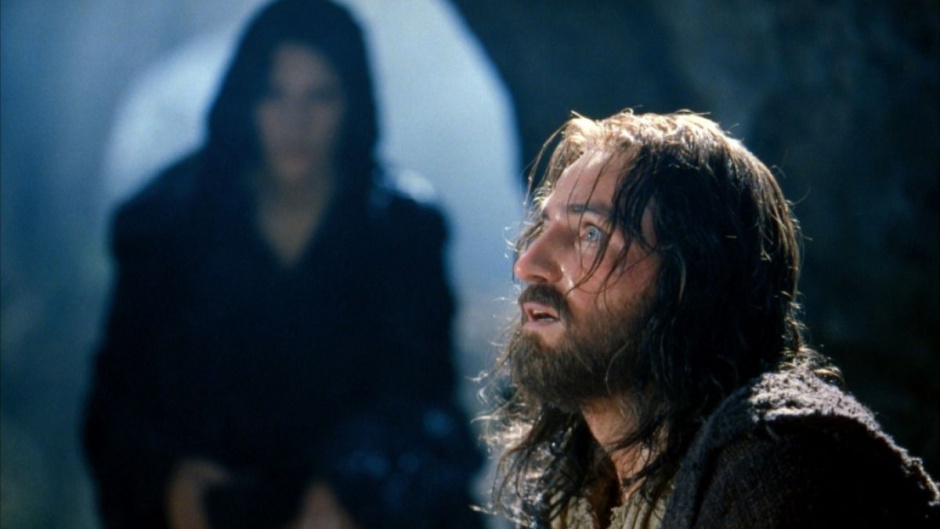20 years since ‘The Passion of the Christ’, the film that changed religious cinema
Despite the controversies and the censorship in many countries, Mel Gibson’s masterwork from 2004 continues to be very popular across the world.
26 MARCH 2024 · 16:00 CET

On 25 February 2004, The Passion Of The Christ was first released in cinemas in the United States, just before Easter.
The plot, based mainly on the four Gospels (Matthew, Mark, Luke and John) shows the last hours of Jesus full of anguish, sadness and pain, his bloody sacrifice in order to achieve the redemption of humanity. What distinguished the production from other similar films was the realism and rawness of the scenes, as well as the humanization of Jesus Christ.
Unexpected success everywhere
The film broke guidelines, because despite the little promotion with the press and the use of ancient languages in the recording, it became a massive success. Amid the commotion and curiosity, those who went to the cinema were surprised by the presentation of strong moments, such as the flagellation, one of the scenes hardest to watch.
In Mexico, the newspaper Voz de América mentioned in a note published in February 2004 that the film grossed more than 15 million dollars in the United States of America only on the first day of screening.
The premiere varied by region and country, but the public’s reaction was always the same. There was opposition, but also surprising results. Despite the restrictions, The Passion of the Christ was screened in Muslim-majority countries such as Egypt and Syria, and was successful in areas of Buddhist tradition like South Korea, as journalist Park Soo-mee mentioned for the Korea Joong Ang Daily newspaper - just four days after the premiere, 263,000 had seen the movie in Seoul alone.
In European countries such as United Kingdom, Ireland, Italy, France and Belgium, the reception of the film was good. In Netherlands the criticism was harsh, but Protestant Christians were satisfied with the outcome and used the film itself for informational purposes.
The French newspaper Le Temps reported that distributor and producer Tarek Ben Ammar, a Muslim, had decided to distribute the film. “I believed it was my duty, as a Muslim who believes in Jesus, and because I respect and was raised in the three religions, to show this film to the French, to give them the opportunity to judge for themselves”, he said.
Censorship
In Malaysia, the Film Censorship Board met in July 2004 to decide whether the film could be screened. At first it was a ‘no’, however the then Prime Minister of Malaysia Datuk Seri Abdullah Ahmad Badawi intervened to have the tape shown. The intervention of the government made an impact, but the exhibition of The Passion of the Christ would only be available for Christians, according to Silvia Wong writing in Screen Daily.
In Indonesia, some of the scenes were eliminated. In China (except Hong Kong and Macao), the movie was forbidden. Despite an large interest in the Middle East, in Kuwait, Saudi Arabia and Bahrain The Passion was not shown in cinemas. Although there were no distributors in Israel, some people did see the film as it was screened independently.
Online presence
Despite all the hurdles, the impact of the film is still significant today, 20 years later. Its presence on online platforms (including Amazon Prime and Apple TV) makes it easy for anyone to watch the film still today.
But above all, the successful presentation led by actor Jim Caviezel allowed more people to get to know Jesus from the perspective of his suffering on the Cross.
Currently, the public is eager for the sequel which, according to Mel Gibson, will address the aftermath of the crucifixion, such as Christ’s descent into Sheol. The second part is expected to be released in 2025.
One more year
Learn all about our #OneMoreYearEF campaign here (English).
Published in: Evangelical Focus - Features - 20 years since ‘The Passion of the Christ’, the film that changed religious cinema
